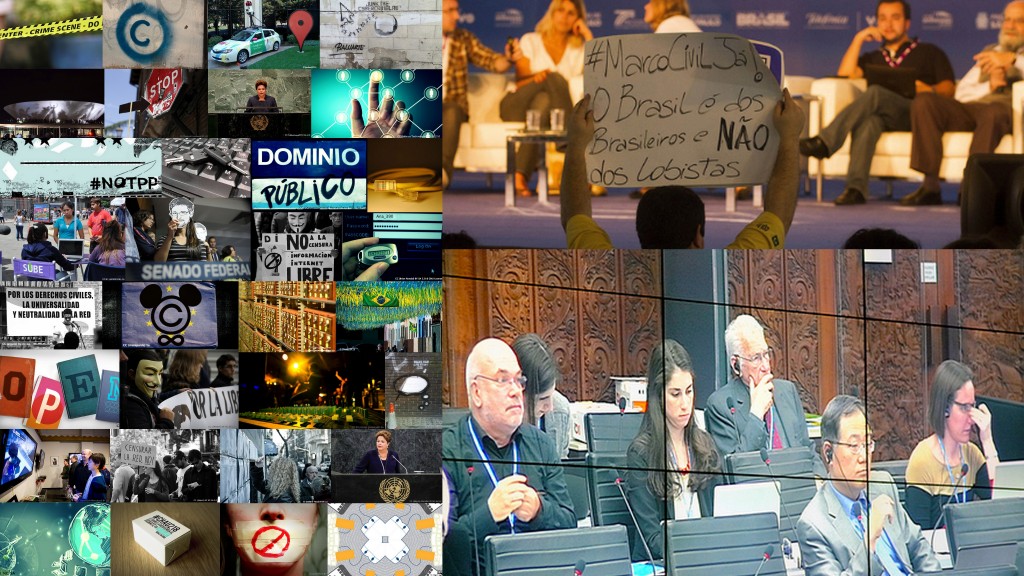[2013 Assessment] Internet Governance in Latin America and the Caribbean
by Digital Rights LAC on January 28, 2014
At Digital Rights LAC we wanted to ask different specialists in the region about their personal appraisals on digital rights issues. This is the case of Valeria Betancourt. We asked her about what were the main developments in internet governance issues in the region throughout 2013? What can we expect for 2014? Here is her reply.
The year 2013 was packed with significant events concerning internet governance. Standing out on basis of importance and implications was the discovery of mass vigilance conducted by the US and the international community’s response to this discovery. This response included, among other things, a resolution by the United Nations General Assembly (UNGA) regarding privacy in the digital age; the government of Brazil’s call to establish a global framework of principles for internet governance; a joint statement issued by leaders of organizations that were coordinating a technical internet infrastructure on issues affecting the future of internet; the inclusion of a human rights session in the Internet Governance Forum (IGF); and the development of several human rights defense initiatives.
The growing discussion concerning the human rights of women in spaces such as the IGF as well as the inclusion of the internet in a primary UNGA resolution on women who defend human rights are highly important in view of the adoption of a holistical approach for the protection of human rights as a fundamental pivot for internet governance. A Global Multisectoral Meeting on Future Internet Governance is expected and it is hoped that the meeting will pave the way for the development of internet governance principles and for mapping the evolution of the internet governance ecosystem.
It is imperative for actors from Latin America and the Carribbean to join regional and global debates on internet governance.
At national levels, it is hoped that such efforts will translate into new or stronger processes and multisectoral instances for working on the different dimensions of internet governance, including the development of public policies concerning the internet with active and effective participation from all interested parties, particularly civil society.






